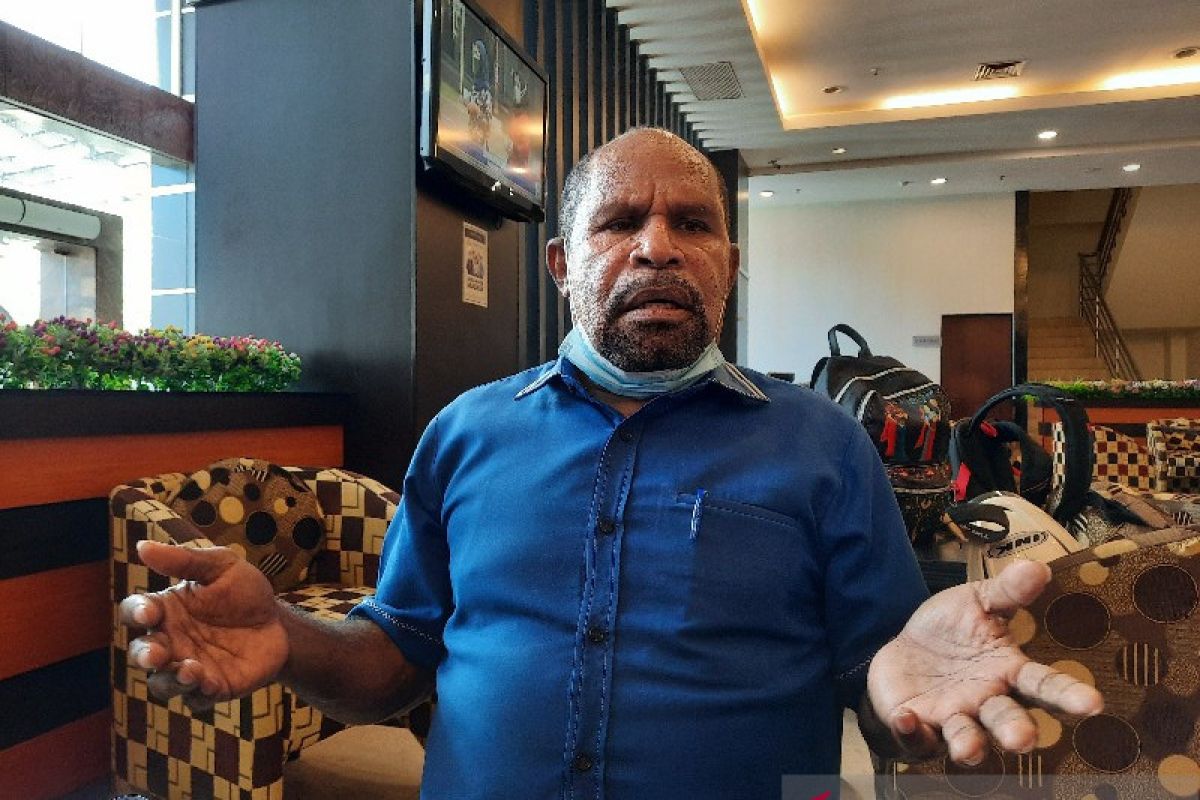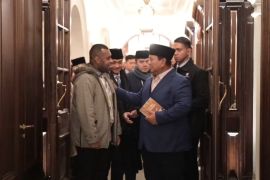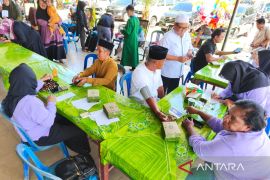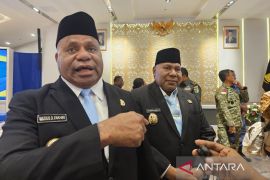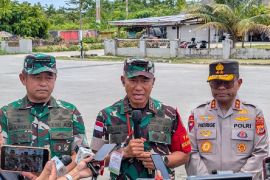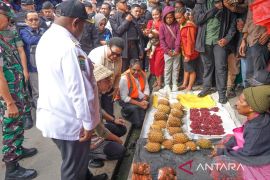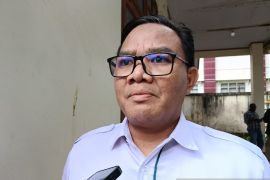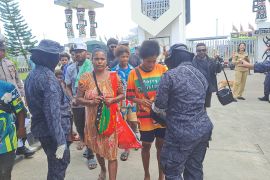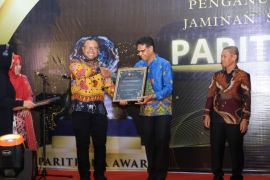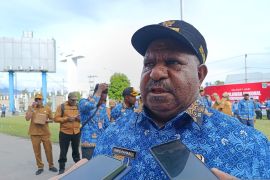The legislation would, hopefully, no longer trigger confusion and turmoil among native Papuan communities, the council's deputy speaker I, Yunus Wonda, said in Jayapura, the capital of Papua province, on Thursday.
"In the future, we are again handing over the aspirations of native Papuans so that they can be reviewed for this enacted legislation," he remarked.
Therefore, despite the fact that the bill has been passed into law, the possibility of proposing an amendment to the enacted legislation would remain open in the future, Wonda said.
As the Papuans' representative, the DPRP hopes that more Papuans would become involved in the legislation process to prevent turmoil among communities, which can give rise to new conflicts, he said.
On Thursday, after several months of deliberation, the DPR passed the bill amending the Papua Special Autonomy Law No. 21 of 2001 into law at a plenary session.
"It is a long-awaited bill for our brothers and sisters in Papua," House Speaker Puan Maharani said in a press statement that ANTARA received prior to the convening of the plenary session.
ANTARA has earlier reported that the Papua Special Autonomy Law No. 21 of 2001, which has been in force for nearly two decades, was set to expire by November this year.
The special autonomy law has paved the way for a significant amount of funds to flow into Papua and West Papua.
Home Minister Tito Karnavian had said earlier that the provision of special autonomy funds must be extended for the two provinces by two more decades to boost sustainable development.
"The special autonomy funds are so indispensable. More than 60 percent (of Papua's budgetary sources) are also obtained from the funds," Karnavian stated during a hearing with the House's Papua Special Autonomy Fund Committee on June 24, 2021.
However, the allocation of the special autonomy funds was set to end with the expiry of the Papua Special Autonomy Law No. 21 of 2001 in November this year, according to the minister.
Hence, Karnavian had called for an immediate extension of the funding allocation by two more decades.
The Indonesian government is planning to increase the amount of special autonomy funds from 2 percent to 2.25 percent of the General Allocation Funds (DAU), he pointed out.
The government's plan has intentionally been incorporated in the bill for amending the Papua Special Autonomy Law No. 21 of 2001, Karnavian stated.
The special autonomy funds, which the central government plans to increase, will not be completely offered in the form of a block grant, he revealed.
Several parties in Papua have suggested that 1 percent of the funds be provided in the form of a block grant, while the remaining 1.25 percent be offered in the form of an earmarked specific grant, he stated.
The request for an earmarked specific grant for public services will be determined by the central government to optimize sustainable development and boost Papuans' prosperity, he remarked.
Related news: House passes Papua special autonomy bill at plenary session
Related news: Papua awaits prompt disbursal of 2nd round of autonomy funds
Related news: Renewal of Papua special autonomy law must solve problems: MPR
Translator: Hendrina DK, Rahmad Nasution
Editor: Sri Haryati
Copyright © ANTARA 2021
